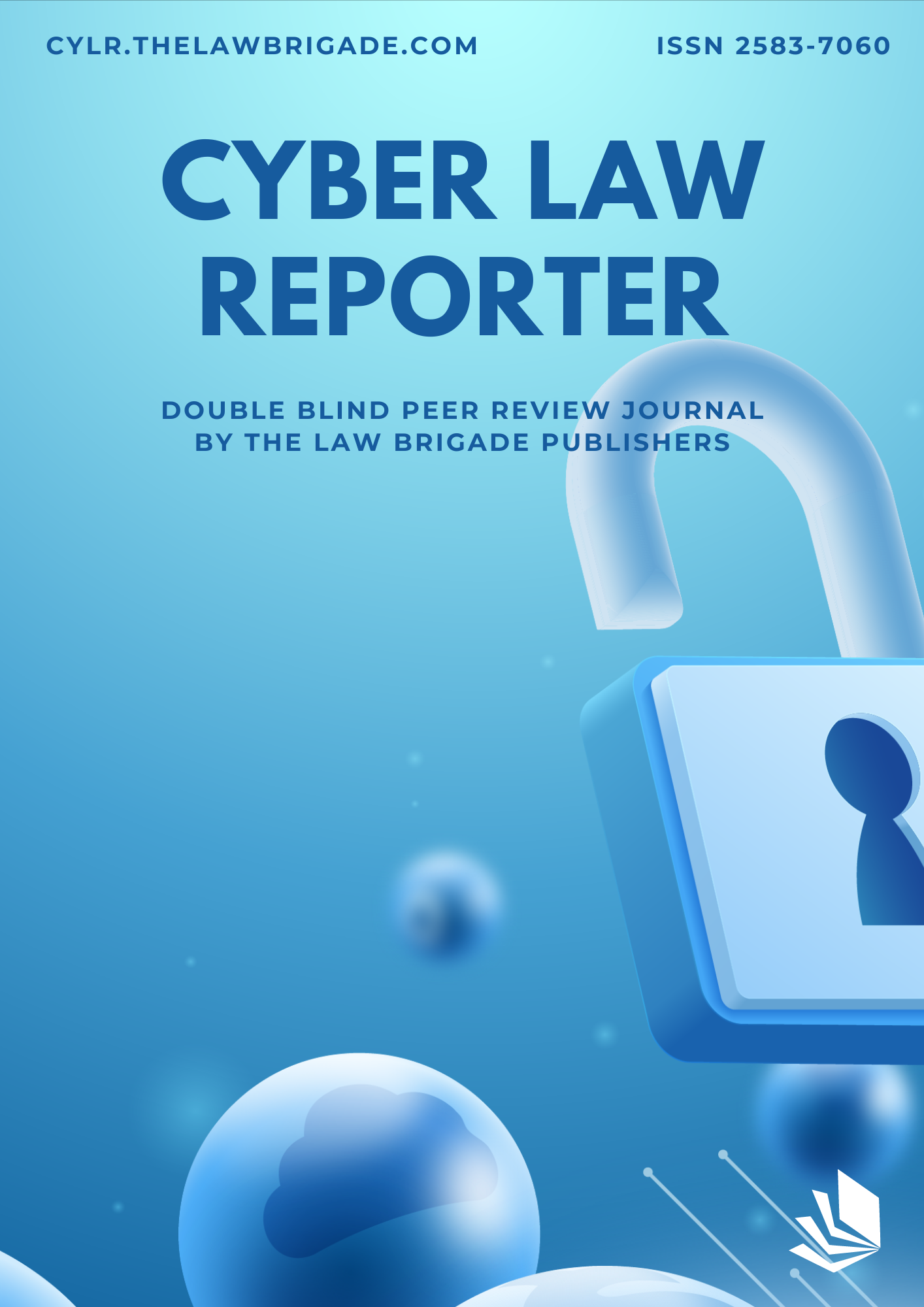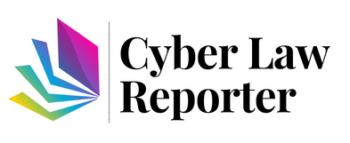Modern era may aptly be described as the Information Technology era where the use of electronic or digital devices has increased manifold. Netizens are active on various platforms on the internet. The word Intermediary had been defined in the Information Technology Act, 2000. Prior to Amendment of 2009, Intermediary with respect to any particular electronic message, meant any person who on behalf of another person receives, stores or transmits that message or provides any service with respect to that message. In the 2009 amendment, this definition was further extended. It says that Intermediary with respect to any electronic records means any person acting on behalf of another person receives, stores or transmits that record or provides any service in that regard. It includes telecom service providers, network service providers, internet service providers, web-hosting service providers and many more. Thus, the word ' intermediary & #39; has been defined in the Information Technology Act, 2000. However, there is no separate classification of the intermediaries in the Act itself, In 2021, for the first time, a separate classification for the social media intermediaries was introduced by the Information Technology (Intermediary Guidelines and Digital Media Ethics Code) Rules, 2021. This clearly specified the government's intent to make the intermediaries more responsible. The basic idea behind this change was that intermediaries don't have control over the content posted on their platform. Hence, they enjoy a legal immunity against third party content posted on their platform, as long as they adhere to certain due diligence requirements, termed as & #39; safe harbour & #39;. But such regulations in regard to other intermediaries are not available, including e- commerce sites, fact-checking portals etc. presently. Keeping in view the growing menace of misuse of these platforms and portals,the Central Government has brought a new legislation, the Digital India Bill which is supposed to address this issue. The new law will recognize different kinds of intermediaries because their regulation has to be different. There will be no pure intermediary anymore. The idea behind is that the intermediaries do not have control over the content. However, with the new legislation, this situation will change, since fact- checking portals would typically be considered as publishers. This paper explores the scope of online intermediaries in the light of new legislation and the possible impact on the digital space.
The Changing Role of Intermediaries in the Information Technology Era
Publication Information
Journal Title: Cyber Law Reporter
Author(s): Dr. Rakesh Chandra
Published On: 25/08/2023
Volume: 2
Issue: 3
First Page: 16
Last Page: 25
ISSN: 2583-7060
Publisher: The Law Brigade Publisher
DOI Not Allotted [Get DOI]
Cite this Article
Dr. Rakesh Chandra, The Changing Role of Intermediaries in the Information Technology Era, Volume 2 Issue 3, Cyber Law Reporter, pp 16-25, Published on 25/08/2023, Available at https://cylr.thelawbrigade.com/article/the-changing-role-of-intermediaries-in-the-information-technology-era/
Abstract
Keywords: Intermediary, Information Technology Act, 2000, The draft Digital India Bill, Safe Harbour, The IT Rules, 2021
Share this research
© 2015 - 2024 All Rights Reserved by The Law Brigade Publishers
Latest Publications
December 6, 2023

Submissions Open!
Authors are invited to submit their research paper in the journal. Please click the Submit Button below to proceed.
Notice




